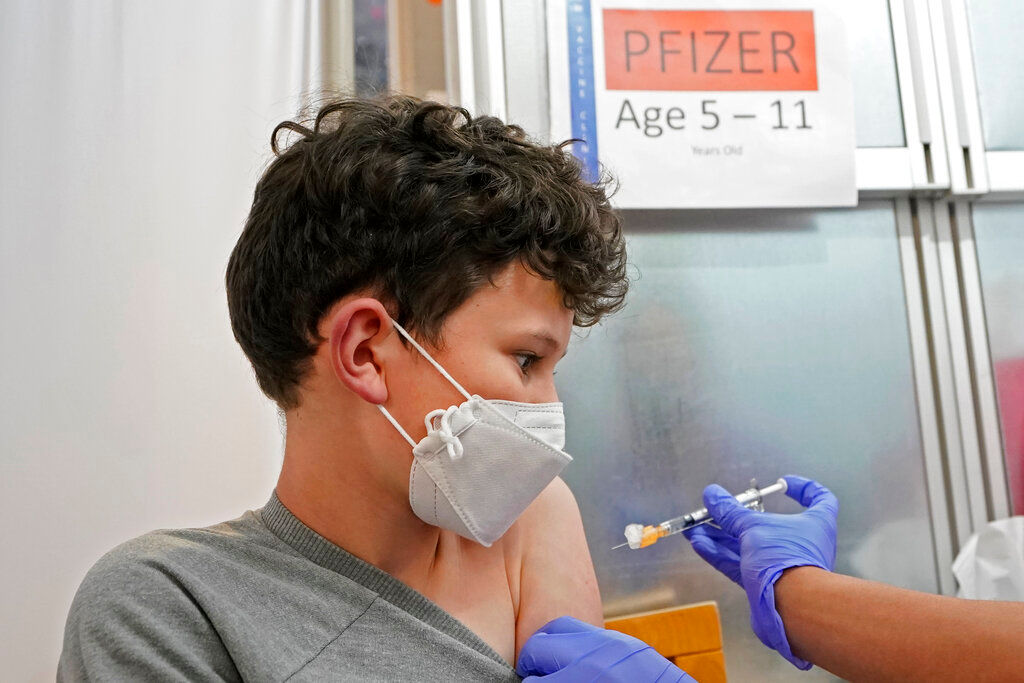The campaign to provide children the updated COVID-19 immunisation is getting more intense. The U.S. Food and Drug Administration and the Centers for Disease Control and Prevention last week approved the new, bivalent vaccine for kids as young as five.
Dr. Jill Roberts, Associate Professor at the USF College of Public Health stated – “Over time, COVID, of course, has mutated. So we have some variants going around right now that don’t look a lot like the original vaccine strain that we were using.”
This time, scientists did not alter the majority of the vaccine, which sped up the vaccination authorization process. Most of it remained unchanged. The only thing that has altered is the actual antigen, the crucial component of the virus, according to Roberts.
Also Read| WHO advises against the use of two antibody therapies against COVID: What it means
According to a recent study, people who have received vaccinations have an excellent immune response, according to Roberts. Researchers claim that it appears that the new shots are effective.
Doctors stressed the significance of this, noting that health officials are currently on high alert for a potential surge that could soon occur in the United States due to a current significant spike in Europe. Doctors advise children to receive the latest booster injection before the Christmas season.
Dr. Lisa Cronin, General Pediatrician at North Pinellas Children’s Medical Center stated – “If we look back historically over the past two winter seasons, the United States tends to lag behind western Europe for about five to six weeks. So that would actually be kind of mid-November, early December.”
Also Read| Joe Biden administration to expand round-the-clock mental health care
Children can still become seriously ill, specialists added, despite the fact that historically, they don’t get as sick as adults do if they contract the virus.
“Since the beginning of the pandemic, there have been over 1,500 deaths in the 18 and under population in the country, and most of those deaths have been unvaccinated. The way scientists and doctors look at it is they could’ve been prevented in a lot of cases by having the vaccine and by having an immune system that knew how to handle COVID. We’re not necessarily getting those immunizations to not get the disease because anything that changes, there is always going to be a small chance that we could get COVID, we could get the flu. The reason we’re getting this vaccine is to significantly decrease our chances of hospitalization and death,” said Cronin.
Getting the vaccine also reduces the length of time children are sick if they contract the virus. Following vaccination, children may experience mild symptoms such as pain and redness at the injection site, fever, fatigue, muscle aches, and headache.
Also Read| Abbott Labs, US-based baby formula maker, announces another recall
Following vaccination, children may experience mild symptoms such as pain and redness at the injection site, fever, fatigue, muscle aches, and headache.
After vaccination, there is a rare risk of myocarditis, or heart inflammation. Officials emphasise that myocarditis caused by the vaccine is uncommon and usually mild. Children can get myocarditis from the COVID-19 virus and other viruses, and it’s usually more severe, according to doctors.







